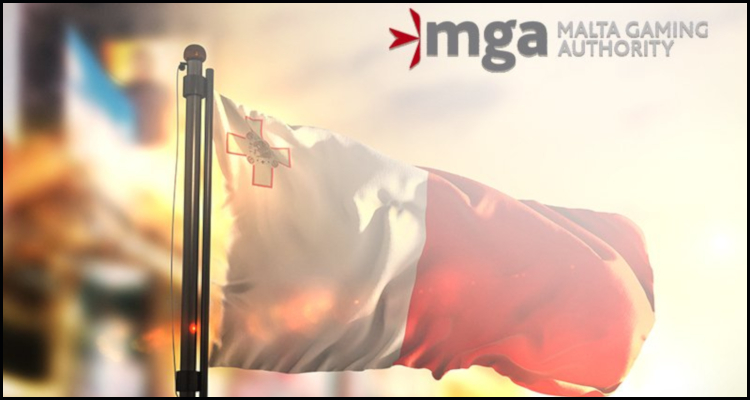
The Malta Gaming Authority (MGA) is one of the most respected regulators in the global gaming industry. Many operators seek to obtain its license to build trust, attract players and ensure compliance with international standards. However, integrating the MGA requirements into a gaming business can be a complex process, involving legal, technical and financial considerations.
Understanding the MGA’s Role
The MGA serves as both a regulator and enforcer of standards in the gaming industry. It ensures that operators comply with rules related to fairness, security, anti-money laundering and responsible gaming. For a business, obtaining an MGA license is not only a legal necessity, but also a powerful marketing tool that signals reliability to customers. However, the prestige of the license means that operators must undergo a thorough assessment before approval.
Legal and Administrative Issues
One of the main challenges of integrating an MGA is the stringent legal and administrative requirements. Operators must prepare detailed business plans, financial records and compliance strategies before applying. This process can be time-consuming and expensive, requiring significant investment in legal expertise and consulting services. Smaller operators often struggle with these requirements, making MGA integration more difficult for startups than for established companies.
Technical and Security Requirements
MGA licensing also requires operators to meet high technical standards. Gaming systems must undergo rigorous testing to prove fairness and randomness, while data security protocols must protect players’ personal and financial information. This means investing in advanced encryption, secure servers and regular audits to ensure compliance. For operators, these technical requirements can be challenging to integrate, but they are crucial for long-term trust and sustainability.
Financial Costs and Commitments
MGA integration is not just about compliance, it also involves significant financial commitments. Application fees, annual license costs, and compliance audits can quickly add up, creating a financial burden for operators. In addition, companies must allocate resources to maintain ongoing compliance, including hiring compliance staff and upgrading systems as needed. While these costs are manageable for large corporations, they can be a significant barrier for smaller gaming companies.
Opportunities that balance the challenges
Despite the challenges, MGA integration presents significant opportunities that balance the difficulties: https://macsources.com/relax-casinos-with-an-mga-license-provide-peace-of-mind/. The license provides access to European markets, increases player confidence, and strengthens trust between business partners. Many payment service providers, software developers and affiliates prefer to work with MGA-licensed operators, creating additional business advantages. In this way, the challenges of integration can be seen as an investment in long-term growth and reputation.
So, is it difficult to integrate MGA? The answer is yes – meeting the legal, technical and financial requirements requires significant effort and resources. However, the benefits of having an MGA license often outweigh the difficulties, as it opens the door to global markets and creates a foundation of trust. For operators willing to invest, MGA integration is not only achievable, but also one of the most profitable steps in the gaming industry.
More information: https://wellnessworldbusiness.com/typo3/p/?the-possibilities-of-online-poker.html





